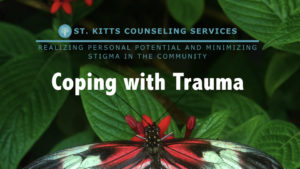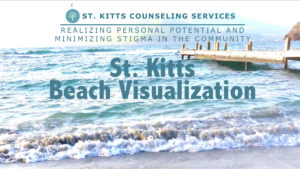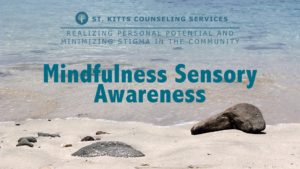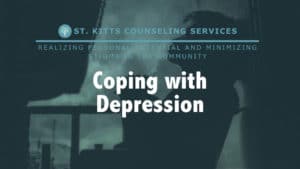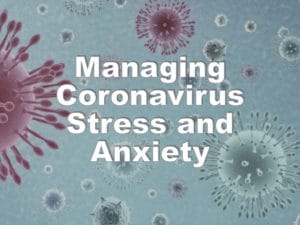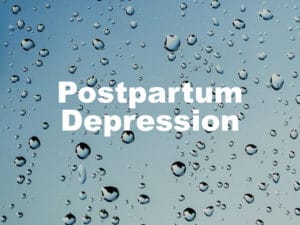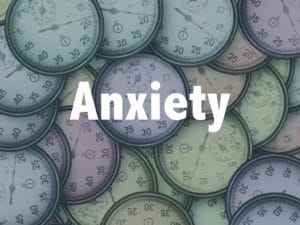Finding the right therapist isn’t always easy. Learn how to find the right therapist for you!
When deciding on a therapist, you don’t want just any therapist, you want the right therapist for you.
In order to find the right therapist for you, start by researching therapists in your location. The Internet is a great resource. Most psychologists have a website. View their website for information about their:
- educational background
- areas of specialization
- experience
- therapeutic style
If you are comfortable sharing that you are searching for a psychologist, you can also ask people you know for referrals.
When deciding between therapists, you should look one that specializes in the areas you are having difficulty and provides evidence-based therapies.
Before scheduling your first session, ask for a free phone consultation. Most psychologists will gladly provide a free phone consultation. During this phone call, you can share a bit of what you are coping with, and you should be provided with information about:
- the therapist’s background, education and experience
- the therapist’s therapy approach or style
- what to expect from the first session
- how much sessions cost
What to expect from therapy
- Your feelings towards your therapist are important. Therapy is only effective if you have a positive relationship with your therapist. Rapport is essential.
- Your therapist should be sensitive to your needs and compassionate.
- You should feel safe, validated and also challenged.
-
You must feel confident that what you discuss is confidential.
Why choose Dr. PereirA
Dr. Pereira of St. Kitts Counseling Services is a Clinical Psychologist who provides confidential individual, couples and family therapy using evidence-based therapies, which ensures that progress is made as fast as possible. She has over 10 years of experience providing therapy, and has helped hundreds of people to feel better.
Dr. Pereira specializes in treating depression, anxiety, trauma and relationship difficulties. She is also experienced working with difficulties related to grief, adjustment, career, learning disorders and ADHD, substance use, eating disorders, LGBTQIA+ concerns, sleep difficulties, and chronic pain and illness.

